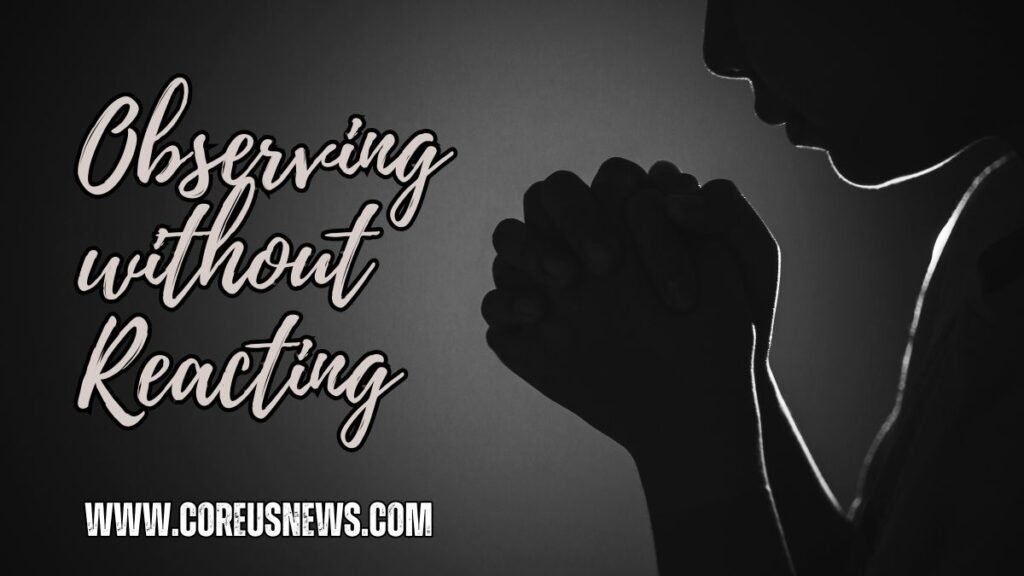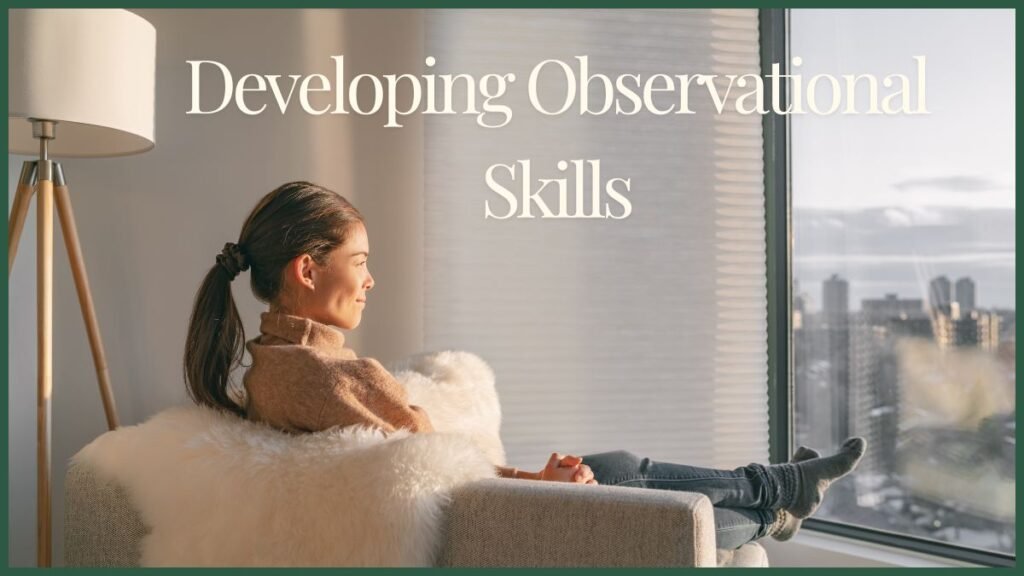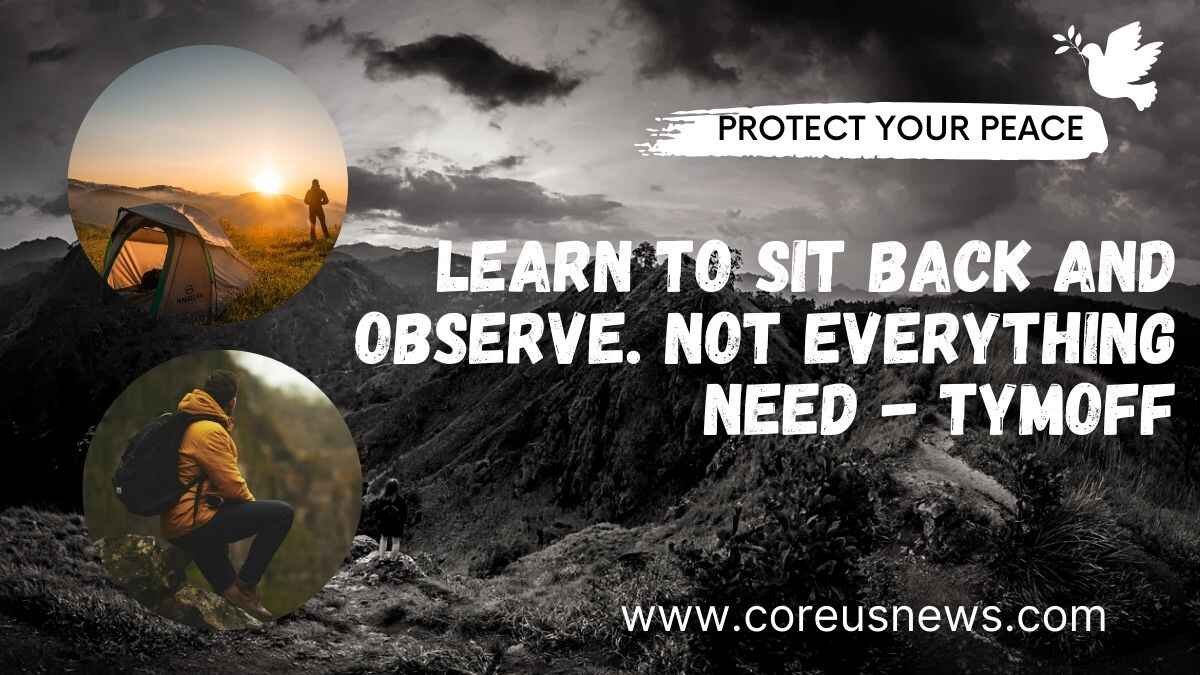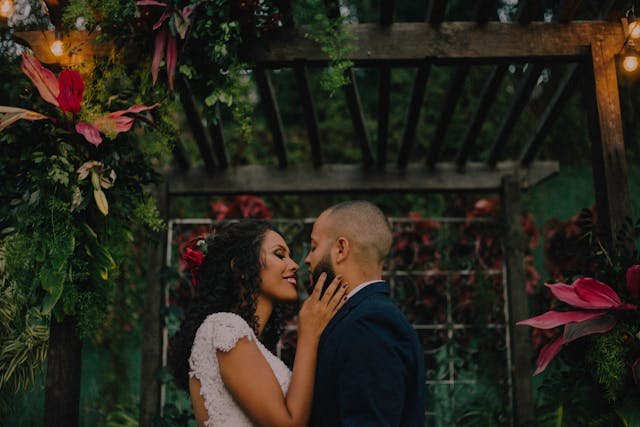Today’s world is moving extremely fast. This makes people feel as though they must respond without much delay to every occurrence around them. Be that as it may advises, “Learn to sit Back and Observe. Not Everything Need – Tymoff’ which is a valuable statement driven by tymoff’s author to enhance the power of observation. In this article, we will look at the importance of taking a pause and observing before responding and how this can help one lead a more peaceful and thoughtful life.
Observing Before Reacting Matters
- Stress Reduction
It can be tiring and anxiety-provoking to constantly react to everything that comes our way. By sitting back and learning how to observe we create room for our minds to process information and feelings in a more relaxed manner thus significantly reducing stress levels.
- Better Decision-Making
Observation gives us a chance to build on additional knowledge hence ability in decision-making improves because we do not make decisions randomly but wisely with full consciousness
- Building More Trusting Relationships
In both personal and professional relationships, thoughtless reactions can result in misunderstandings and clashes. We increase our thoughtful and empathetic responses by first observing which contributes to building better relationships.
Observing without Reacting: How to Practice

- Mindfulness & Meditation
Through regular mindfulness meditation exercises, we will be able to recognize our thoughts as well as emotions that are threatening to cloud our judgment. Some of the simplest practices like taking long breaths or being focused on the present moment make a big difference.
- Pause and Reflect
Whenever you feel the urge to react, take a moment to pause and reflect. Consider whether you must act so abruptly or rather wait for more evidence for the whole context of what is happening. This brief pause will stop many things that one would regret doing.
- Listen More than Speaking
Sometimes people react because they want noise in their environment or they have opinions they want to impose on others. Nonetheless, more listening and less talking offers insights from others into oneself as well as other parties hence creating an atmosphere of respectability based on better human relations.
- Journaling
Jotting down your thoughts and emotions may serve to make them go away with no immediate response. Recording these in a journal gives you a platform to explore your feelings and ideas that is safe as well as private and this helps you understand yourself better.
Advantages of Non-reactive Observation
- Emotional Regulation
By acquiring skills of non-reactive observation, we can manage our emotions better. Having control allows us to act according to our values and long-term goals instead of being pushed by short-lived feelings.
- Increased Concentration
We can concentrate more on what matters when we stop reacting automatically to everything that happens around us. Good concentration increases productivity which helps individuals achieve their personal and professional objectives faster.
- Greater Understanding
Observing people without immediately expressing ourselves helps us know the reasons behind their actions or how we feel about them so that we can be compassionate toward others.
- Enhanced Problem-Solving Abilities
Taking time out for reflection enables one to see the whole thing at once thereby identifying the root causes. Such a perspective raises our analytical abilities since we become better equipped to find appropriate means for addressing various challenges.
Applying, learn to sit back and observe. not everything need – Tymoff’s Advice in Different Areas of Life
In Personal Relationships
One thing that stands out is that in personal relationships, particularly during conflicts, emotions can easily take over. In this regard therefore guidance of Tymoff is most applicable. If we can just sit back and see then we will comprehend our beloved’s side, have compassion for them and be very patient with their stances. As such it has the potential to steer clear of many needless debates as well as promote a more loving and supportive atmosphere.
Workplace
In professional settings, responding impulsively may result in misunderstandings thereby hindering productivity. By observing first, we can approach situations more strategically and make decisions that benefit the whole team. This way, workplace harmony can be enhanced leading to improved effectiveness.
Social Media
Social media platforms are the source of heated discussions and several contentious posts. At times though it seems like a good idea to get involved and share your thoughts about something on Facebook or Twitter or wherever else you like best using social sites online. Therefore one would do better if he does not rush but looks at what other people think before taking action thus avoiding unnecessary drama since now he has an opportunity to engage meaningfully in the conversation when it occurs once again.”
Practical Tips for Developing Observational Skills

- Practice Patience
Patience is important for observation without reaction. Always remember that everything doesn’t have to be responded to instantly and waiting might just yield better results.
- Stay Curious
Be curious about things rather than passing judgment on them. Ask why before deciding how you are going to go about a situation. This shift of the mind state enables you to acquire more information which will enable you to respond mindfully.
- Developing Self-Awareness
Frequently, check up on yourself to know what sets off your emotions and behaviours. Being aware of how you feel helps you determine whether or not you should step back and observe or act based on your instincts.
- Using Reminders
Put reminders around you so that it becomes easier for you to observe instead of reacting. These can be sticky notes that say “pause and watch” or “stay calm”.
Conclusion
Learn to sit Back and Observe. Not Everything Need – Tymoff is a powerful piece of advice that can significantly improve our lives. By practicing observation before reaction, we can reduce stress, make better decisions, build stronger relationships, and enhance our overall well-being. Whether in personal relationships, the workplace, or everyday situations, this approach fosters a more thoughtful, empathetic, and peaceful way of living. Embrace this wisdom, and you will find that life becomes not only more manageable but also more meaningful.
ALSO READ ABOUT:



